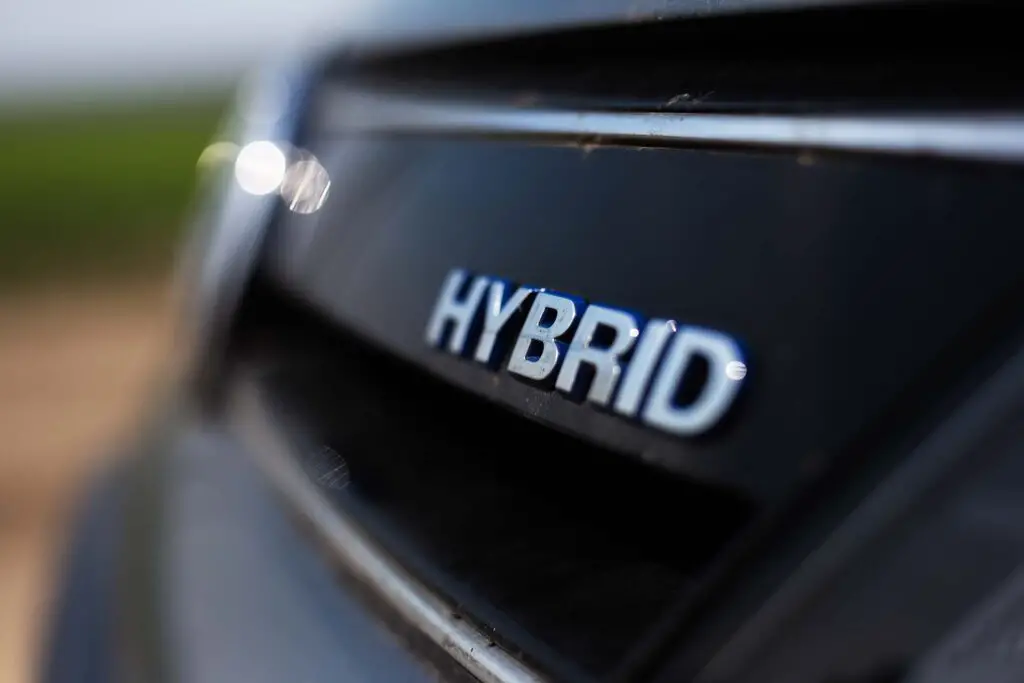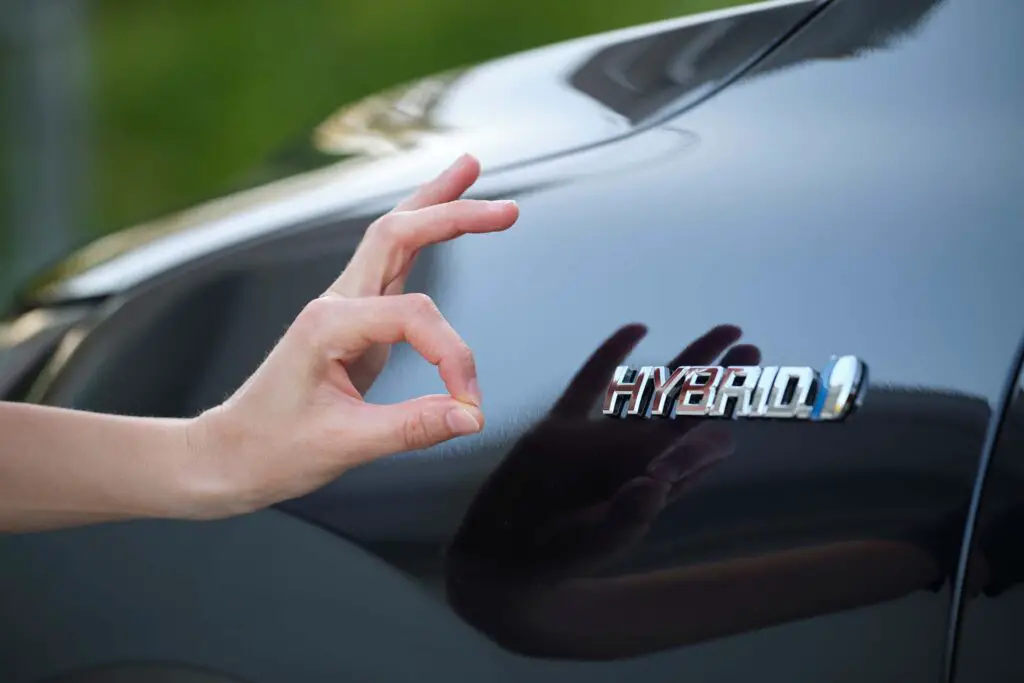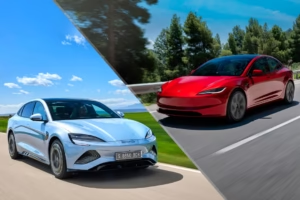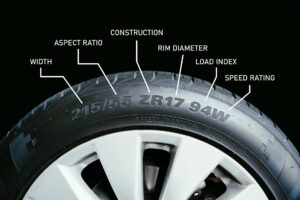Hybrid cars are built to last, but just how long do hybrid cars last? Whether you’re cruising through city streets or taking road trips, the longevity of these eco-friendly rides is a question on every buyer’s mind. From durable batteries to smart engineering, hybrids are designed for the long haul, but the specifics depend on how you treat them. Let’s dive into what makes these cars tick and how you can keep yours running smoothly for years to come.
Hybrid cars can last 150,000 to 200,000 miles or more with proper maintenance, which translates to around 10–15 years for most drivers. Some hybrids even exceed this with good care!
How Long Do Hybrid Cars Last?
Hybrid cars are built to last, often reaching 150,000 to 200,000 miles or more with proper care. To understand their durability, it helps to know how hybrid cars work. These vehicles combine a gasoline engine with an electric motor, seamlessly switching between the two for efficiency. This system not only reduces fuel consumption but also answers how a hybrid car saves energy, by using regenerative braking to recharge the battery. Compared to traditional gas cars, hybrids often outlast expectations thanks to their innovative energy-saving technology and smart design.
Average Lifespan of a Hybrid Car
The average hybrid car can last anywhere from 10 to 15 years or up to 200,000 miles with routine maintenance. Some models, particularly those from well-known manufacturers, have been known to exceed these numbers, proving that hybrids are designed for long-term reliability.
Regular care, such as battery checks and fluid replacements, plays a significant role in extending their lifespan. If you’re looking for a vehicle that balances durability with modern efficiency, hybrids are a solid choice.
How Hybrid Technology Contributes to Longevity
Wondering how long hybrids last? Their durability is rooted in their advanced technology. These cars boast exceptional gas mileage, especially models with a reputation for being the most fuel-efficient hybrids. By using an electric motor to assist the engine, hybrids consume less fuel per kilometer and are incredibly economical over time.
While they still rely on gasoline, their reduced fuel consumption requires fewer trips to the pump. Plus, their energy-saving features, like regenerative braking, contribute to overall cost-effectiveness, which will save you money in the long run.

Factors That Affect a Hybrid Car’s Lifespan
The lifespan of a hybrid car depends on several key factors, including battery health, maintenance practices, and driving habits. Proper care can significantly reduce car expenses over time, ensuring your hybrid remains efficient and reliable. From regular servicing to responsible driving, understanding the drivers’ responsibilities plays a critical role in maximizing the longevity of your vehicle.
Battery Life and Performance
The lifespan of a hybrid car is closely tied to its battery life and how well it performs over time. Hybrid batteries typically last between 8–10 years or 100,000-150,000 miles, after which proper car battery disposal becomes essential to prevent environmental harm. While hybrids use both electricity and gas, the type of fuel you put in a hybrid plays a crucial role in its performance. Although hybrids can run on gas only, it’s not recommended as it reduces their efficiency and may shorten the battery’s lifespan.
Maintenance and Repairs
Regular maintenance is critical to keeping your hybrid car running smoothly. Staying on top of servicing, like replacing tires and scheduling battery checks, can prevent costly repairs and extend the car’s lifespan. Although hybrids typically lower fuel costs, the overall cost of owning a car can add up without proper care. Adopting smart maintenance habits is a simple way to cut down car expenses and ensure your hybrid remains a reliable and eco-friendly ride for years.
Driving Conditions and Habits
How and where you drive plays a big role in determining the lifespan of your hybrid. Rough roads, heavy traffic, and extreme weather can increase driving stress on essential components. Gentle driving, strategic route planning, and reducing unnecessary strain on the engine and brakes are key parts of a driver’s responsibilities.
City driving, in particular, tends to be better for hybrids compared to long highway trips. This is because hybrids are designed to excel in stop-and-go conditions, where the electric motor takes over during low-speed driving, saving fuel and reducing wear on the engine. In city driving, the regenerative braking system also helps recharge the battery, making it more efficient and contributing to the overall longevity of the car.

How Long Does a Hybrid Battery Last?
Hybrid batteries are built to last, typically ranging from 8 to 10 years or around 100,000 to 150,000 miles, depending on the model and usage. However, factors like climate, driving habits, and how well the vehicle is maintained can influence this lifespan. As hybrid technology advances, some newer models are designed with longer-lasting batteries, and battery warranties often extend to 8 years or more, providing extra peace of mind for drivers.
Lifespan of a Hybrid Battery by Brand
Hybrid battery lifespans vary across different models and manufacturers. While many hybrid batteries last between 8 to 10 years, specific models may have longer lifespans due to advanced technology and design.
Here are some examples:
- Toyota Prius – Known for its durability, many owners report hybrid battery lifespans exceeding 150,000 miles.
- Honda Accord Hybrid – Typically sees battery life around 100,000 to 120,000 miles, depending on driving conditions and maintenance.
- Lexus RX Hybrid – Luxury hybrid with battery lifespans reaching up to 200,000 miles in some cases.
- BMW i3 – Offers hybrid battery longevity of up to 200,000 miles with proper care.
- Tesla Model S – Known for impressive longevity, with some batteries lasting up to 300,000 miles.
Battery Replacement Costs
When it comes to replacing a hybrid battery, costs can vary depending on the make and model. On average, replacing a hybrid battery can range from $2,000 to $8,000. For instance, Toyota Prius batteries typically cost around $2,500 to $3,000, while for luxury models like the Lexus RX hybrid, it can go as high as $4,000 to $6,000.
Labour costs are usually an additional factor, so the total cost of replacing a hybrid battery could be higher. Fortunately, many hybrid manufacturers offer warranties that cover battery replacement for up to 8 years or 100,000 miles, making it more manageable for long-term owners.

Comparing Hybrids to Gasoline Cars and EV
When it comes to the lifespan and performance of hybrid, gasoline, and electric cars, each type of vehicle offers unique benefits. Hybrids are a middle ground between gasoline and electric cars, providing better fuel efficiency than traditional cars while still relying on gas for longer trips. Electric vehicles (EVs) eliminate the need for gas entirely but come with their own set of challenges, such as higher upfront costs and concerns about charging infrastructure. Meanwhile, gasoline cars are well-established but tend to have higher emissions and fuel costs over time.
Are Hybrids Built to Last Longer?
Hybrids are designed for durability, often lasting longer than traditional gasoline cars due to fewer engine components being used. The combination of electric and gas power tends to put less strain on the engine, which can reduce wear and tear. However, their lifespan ultimately depends on the brand, battery health, and driving habits.
In a hybrid vs. electric vs. gas comparison, hybrids generally last longer than gasoline cars, but electric vehicles (EVs) are quickly catching up as battery technology improves. Still, hybrids can be more cost-effective for long-term ownership, with lower maintenance costs and fewer hidden costs of owning an electric car, like expensive battery replacements.
Did you know that replacing an EV battery outside of warranty typically ranges from $5,000 to $16,000?
Environmental Impact Over Time
The environmental impact of hybrids is typically less than that of gasoline cars due to better fuel efficiency and lower emissions. However, they still rely on fossil fuels, which limits their overall sustainability. In contrast, electric vehicles produce zero emissions during operation, but the production and disposal of batteries can have a significant environmental impact.
While hybrids are a greener option than gasoline cars, EVs are a more sustainable choice overall. As technology evolves, future hybrids may even integrate cleaner energy sources to improve their eco-friendly impact. Additionally, which hybrid car has the longest range plays a crucial role in reducing emissions, as longer-range models can avoid unnecessary fuel consumption.

Tips to Extend the Lifespan of Your Hybrid
Taking good care of your hybrid can help it last longer and keep running smoothly. With the right habits, you can get the most out of your hybrid car’s performance and keep it efficient for years to come. Here are some simple ways to extend its lifespan.
Best Practices for Battery Care
Hybrid batteries can last a long time, but keeping them healthy is key. Avoid letting the battery completely drain often, and try to keep it charged between 20-80% for optimal performance. Also, try to park your car in a shaded area during hot weather and avoid extreme temperatures whenever possible, as they can strain the battery.
Regular Maintenance Essentials
Like any car, hybrids need regular maintenance to run smoothly. Change the oil, check the brakes, and inspect the tire pressure regularly. Keeping the car clean and addressing any small issues before they become big problems can help ensure that your hybrid stays in top shape.
Driving Smart to Maximize Longevity
Your driving habits play a big part in how long your hybrid lasts. Try to avoid aggressive starts and sudden stops, as they put extra stress on the engine and battery. Instead, drive smoothly and at a steady pace, especially on highways where your hybrid can run efficiently. Planning your routes to avoid heavy traffic can also help keep your car’s systems running in the most efficient way possible.
Is Investing in a Hybrid Worth It Long-Term?
Investing in a hybrid car can be a smart decision for many drivers looking to save on fuel costs, reduce their environmental impact, and enjoy the benefits of advanced technology. While the initial cost might be higher than a traditional gasoline car, the long-term savings on fuel, lower maintenance costs, and longer lifespan of hybrid vehicles make them a worthwhile investment. With advancements in hybrid technology, the gap between hybrids, gasoline cars, and electric vehicles continues to shrink, offering a balanced and reliable option for those seeking a practical, eco-friendly vehicle.








